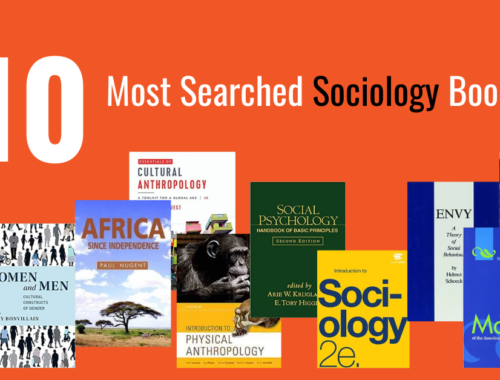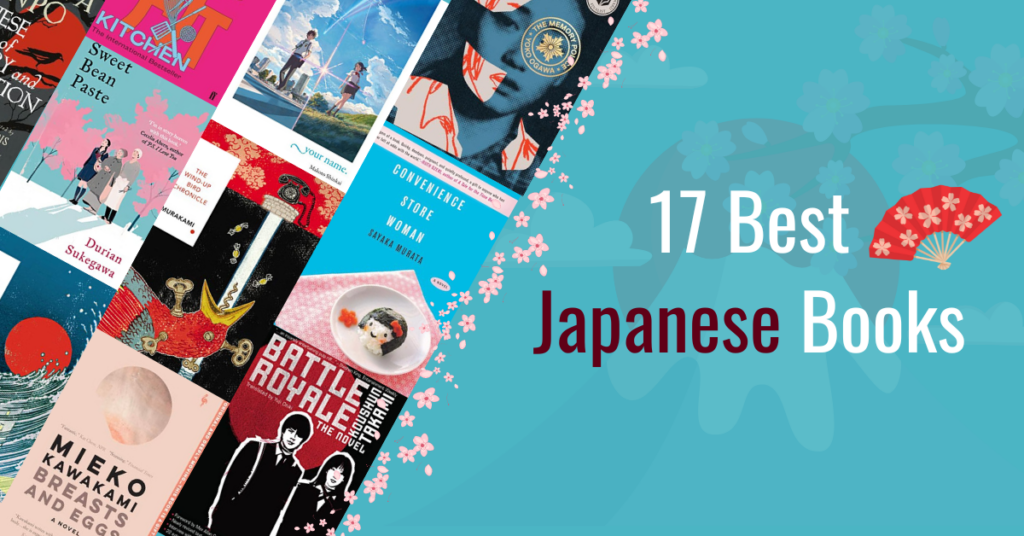
From The Tale of Genji—arguably the world’s first novel—to contemporary masterpieces, it’s clear that Japanese literature is a treasure trove of compelling and diverse narratives. Moreover, readers exploring East Asian literature often find themselves drawn to both Japanese and Korean books for their unique cultural perspectives and timeless themes.
Eclectic yet distinctive, Japanese books touch upon contemporary social concerns and the intricacies of their society while still incorporating universal themes that leave a long-lasting impact on readers worldwide.
Naturally, listing all the best Japanese books would be an exhausting and subjective task.
Nonetheless, the following novels are excellent representatives of the rich storytelling and thought-provoking concepts in literature born in the Land of the Rising Sun.
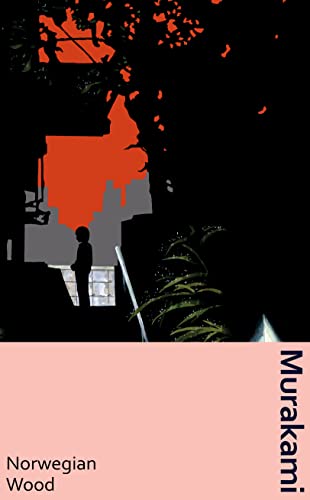 Norwegian Wood (1987)
Norwegian Wood (1987)
Many consider Norwegian Wood Murakami’s magnum opus and, by far, his most famous work. The novel follows Toru Watanabe’s nostalgic reminiscences as he looks back on his college days in Tokyo in the 1960s—and his troubled relationship with two young women.
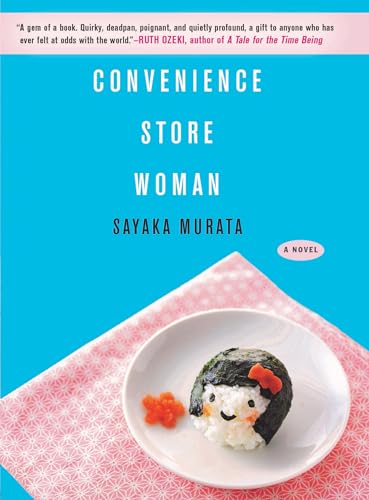 Convenience Store Woman (2016)
Convenience Store Woman (2016)
What is the fate of someone who does not fit within a society that values conformism? In Convenience Store Woman, Keiko Furukura finds comfort in the clear-cut rules of working in a convenience store, which helps her blend in. But after 18 years, her façade of normalcy begins to crumble in the eyes of society—after all, why is a 36-year-old woman still unmarried and working at a convenience store?
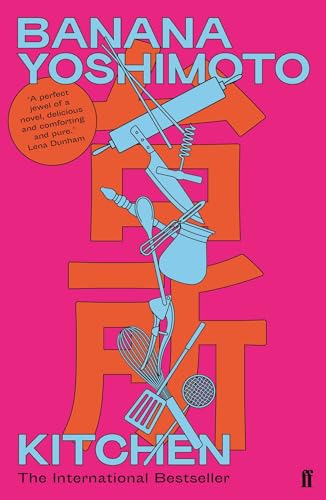 Kitchen (1988)
Kitchen (1988)
Kitchen follows the life of Mikage Sakurai, a young Japanese woman who finds herself without a family after her grandmother’s passing. However, her pain makes way to love once she’s taken in by her friend Yoichi and his trans mother Eriko—all connected through the power of food and the importance of the kitchen as the heart of a home.
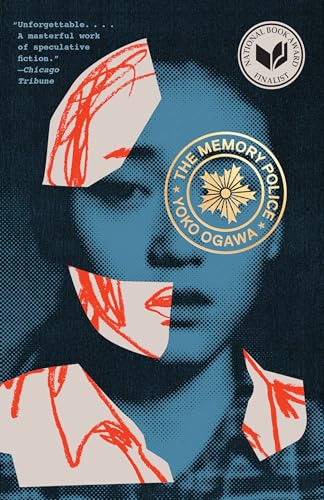 The Memory Police (1994)
The Memory Police (1994)
The Memory Police is a surreal sci-fi Orwellian dystopia about an unnamed island where the inhabitants routinely forget objects and concepts—with the all-seeing Memory Police ensuring these items disappear forever. But when a young novelist discovers that her editor can remember what is long gone, she must protect him and record his memories before they disappear.
 Before the Coffee Gets Cold (2015)
Before the Coffee Gets Cold (2015)
In Tokyo, a small café offers patrons a unique experience: the chance to travel back in time. There is only one caveat—they must return before their coffee gets cold. Four visitors take their chances at the café, each with motivations, hopes, and regrets. Before the Coffee Gets Cold is a distinctively Japanese take on magical realism with a bittersweet aftertaste.
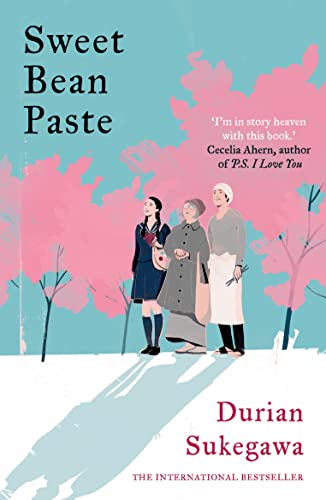 Sweet Bean Paste (2013)
Sweet Bean Paste (2013)
In Sweet Bean Paste, Sentaro is a middle-aged ex-con who works to pay off his debt by selling dorayaki, a Japanese treat filled with sweet bean paste. Tokue is a disabled, older woman who always wanted to work at a dorayaki shop. Wakana is a teenage schoolgirl who frequents the place. Unexpectedly, an unlikely friendship blossoms despite prejudice, secrets, and social pressure.
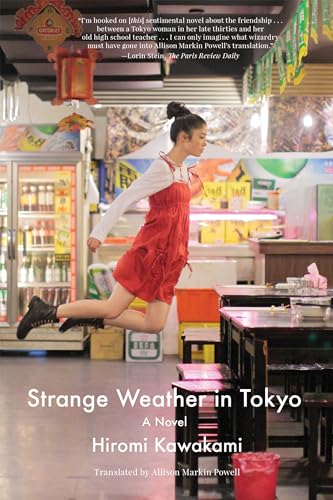 Strange Weather in Tokyo (2001)
Strange Weather in Tokyo (2001)
In the novel Strange Weather in Tokyo, Tsukiko is a lonely 37-year-old woman with no friends and a string of failed relationships. While drinking alone in a bar, she meets her former high school Japanese teacher, a widower in his 70s, quite eccentric and just as lonely. Together, in their loneliness, they continue to meet until something more than friendship grows.
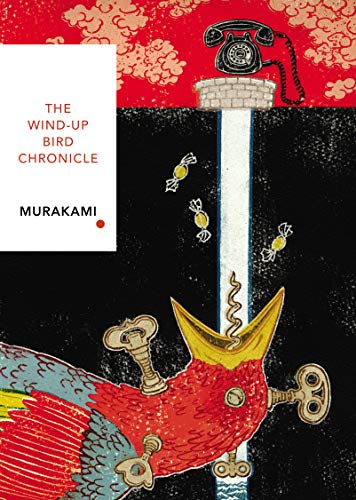 The Wind-Up Bird Chronicle (1994)
The Wind-Up Bird Chronicle (1994)
The Wind-Up Bird Chronicle is a psychedelic and surreal book by Murakami that blends magical realism, blurring the lines between magic and reality to the point of indistinguishability. Divided into three distinctive parts, it begins with the search for a missing housecat by Toru Okada at the behest of his wife—but from then on, his encounters with bizarre individuals with strange profiles.
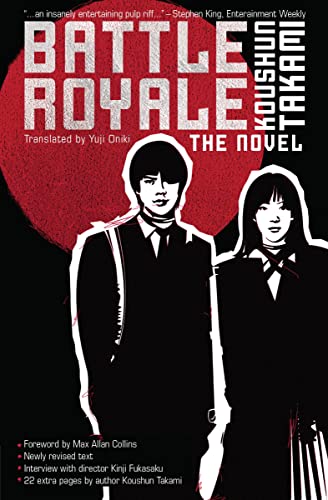 Battle Royale (1999)
Battle Royale (1999)
Battle Royale is a dystopic horror novel set in a world where Japan won World War II and became a totalitarian regime. One of its most deadly programs is meant to induce fear—select 50 junior high school students and lock them on a desert island filled to the brim with weapons until only one survives.
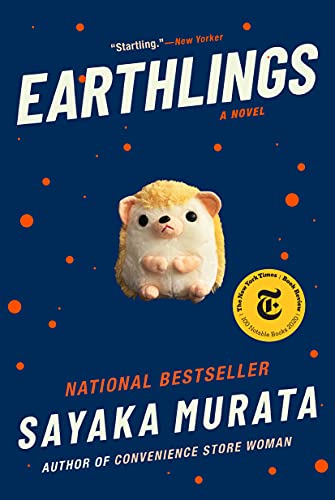 Earthlings (2018)
Earthlings (2018)
As a child, Natsuki suspected she might be a witch or an alien. Her cousin Yuu thought he might be one, too—after all, that explains why they are so different. As an adult, Natsuki fears she might be failing at pretending.
Much like Convenience Store Woman, Earthlings deals with the trappings of society and what it takes to feel othered. However, do not be fooled by the cute-looking cover; Earthlings is a horror story about profoundly triggering topics.
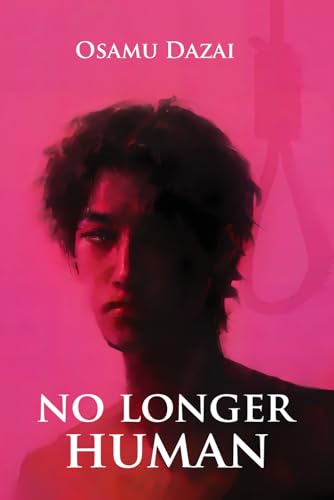 No Longer Human (1948)
No Longer Human (1948)
Considered Osamu Dazai’s magnum opus, No Longer Human was published posthumously and is deemed by most academics as at least semi-autobiographical. It chronicles the life of Oba Yozo, a troubled man who considers himself unqualified as a human being due to his inability to show his true self to the society he’s part of.
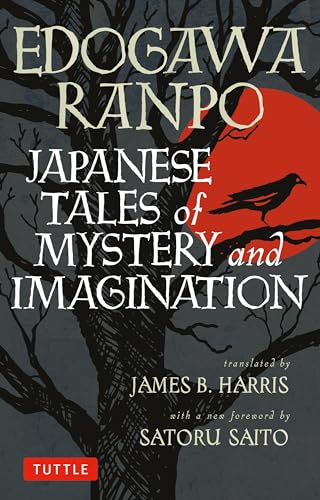 Japanese Tales of Mystery and Imagination (1956)
Japanese Tales of Mystery and Imagination (1956)
Hirai Taro, best known as Edogawa Rampo, is considered the Japanese Edgar Allan Poe—purposefully so, as his penname is meant to evoke the American author. Poe’s influence shines more brightly in no other work than Japanese Tales of Mystery and Imagination, a collection of short stories depicting the horrific, grotesque, and strange.
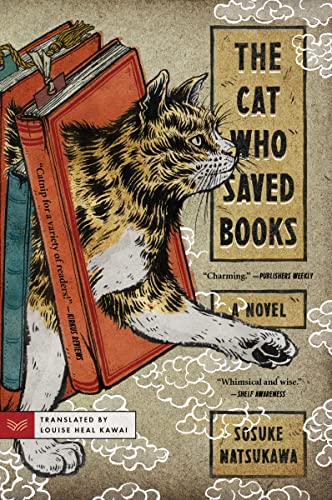 The Cat Who Saved Books (2017)
The Cat Who Saved Books (2017)
Rintaro Natsuki grew up loving books thanks to his grandfather’s bookshop—or at least he did until his grandfather’s passing. But when a talking cat asks for a book lover’s help to go on a rescue mission, Rintaro must come to terms with himself.
Written in a manner akin to a modern fairytale with Japanese flavor, The Cat Who Saved Books is an ode to the love of reading.
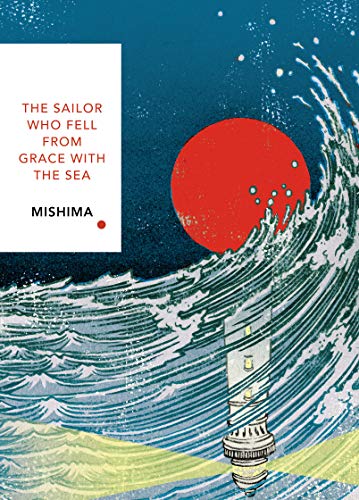 The Sailor Who Fell from Grace with the Sea (1963)
The Sailor Who Fell from Grace with the Sea (1963)
The Sailor Who Fell from Grace With the Sea follows Noboru, a young nihilistic teenager in a band of like-minded boys who share a strict view of the world, where brutality is objective , and tenderness is weakness. Noboru’s mother begins to date a sailor named Ryuji, whom Noboru respects and worships—until Ryuji displays sentimentality, which Noboru considers a deadly betrayal.
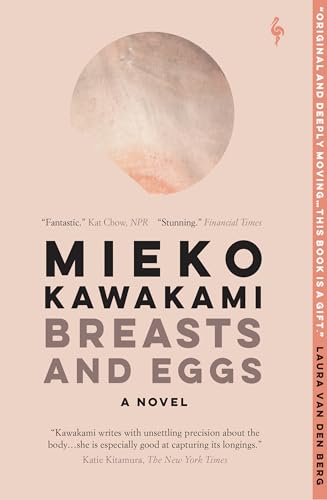 Breasts and Eggs (2019)
Breasts and Eggs (2019)
In this thought-provoking feminist novel, Breats and Eggs, Kawakami explores the contemporary reality of Japanese women from the perspective of sexism, bodily autonomy, reproductive choices, and other societal pressures. It is divided into two parts and centers around a family—single and childless writer Natsuko, her sister Makiko’s journey to get breast augmentation, and Makiko’s pre-teen daughter Midoriko going through the woes of puberty.
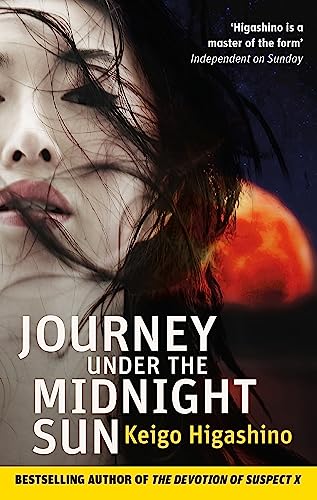 Under the Midnight Sun (1999)
Under the Midnight Sun (1999)
One of the most emblematic mystery thriller Japanese books, Under the Midnight Sun, follows detective Sasagaki as he tries to decode the strange murder of a man and the role played by the gloomy son of the victim and the charming daughter of the suspect.
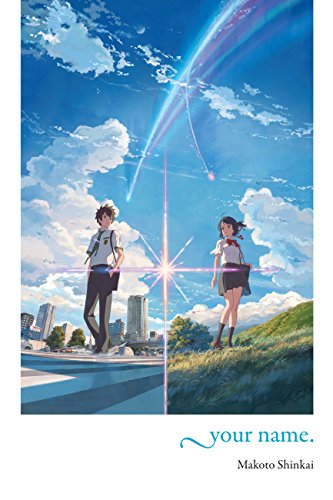 Your Name (2016)
Your Name (2016)
In the novel Your Name, Mitsuha is a high school girl from the countryside who sometimes dreams she is a boy studying in Tokyo. Conversely, Taki is a high school boy living in Tokyo who sometimes dreams he is a girl from the countryside. With their bodies swapping and their lives interconnected, they communicate through notes and support each other.
Interested in More Japanese Books and Literature?
Japan has a rich and prolific book industry, so this list is merely a small glimpse into the vast repertoire of options available.
Books such as How Do You Live? or Honeybees and Distant Thunder are just some of the many excellent options with official English translations available on BookScouter if you wish to learn more about Japanese literature and the universes it has to offer.
If you want more book recommendations, feel free to explore our recent blog posts on the following topics: The Best Manga of All Time, Best Biographies of All Time, Sad Books That Will Make You Cry, Best Enemies To Lovers Books, Best Feel Good Books, and Best Book Series of All Time.



